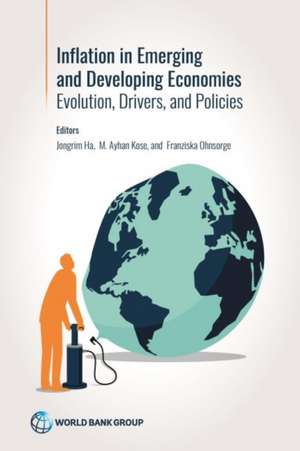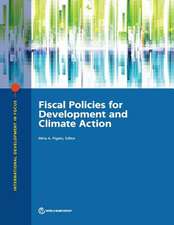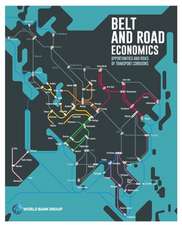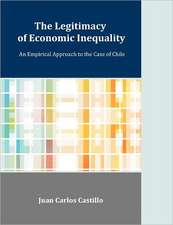Inflation in Emerging and Developing Economies
Editat de Jongrim Ha, M Ayhan Kose, Franziska Ohnsorgeen Limba Engleză Paperback – 12 mar 2019
Preț: 426.39 lei
Nou
Puncte Express: 640
Preț estimativ în valută:
81.60€ • 88.61$ • 68.54£
81.60€ • 88.61$ • 68.54£
Carte tipărită la comandă
Livrare economică 23 aprilie-07 mai
Preluare comenzi: 021 569.72.76
Specificații
ISBN-13: 9781464813757
ISBN-10: 1464813752
Pagini: 486
Dimensiuni: 178 x 254 x 25 mm
Greutate: 0.84 kg
Editura: World Bank Publications
ISBN-10: 1464813752
Pagini: 486
Dimensiuni: 178 x 254 x 25 mm
Greutate: 0.84 kg
Editura: World Bank Publications
Descriere
Provides the first comprehensive analysis of inflation in emerging market and developing economies. The book examines how inflation has evolved and become synchronized among economies; what drives inflation; where inflation expectations have become better-anchored; and how exchange rate fluctuations can pass through to inflation.

















